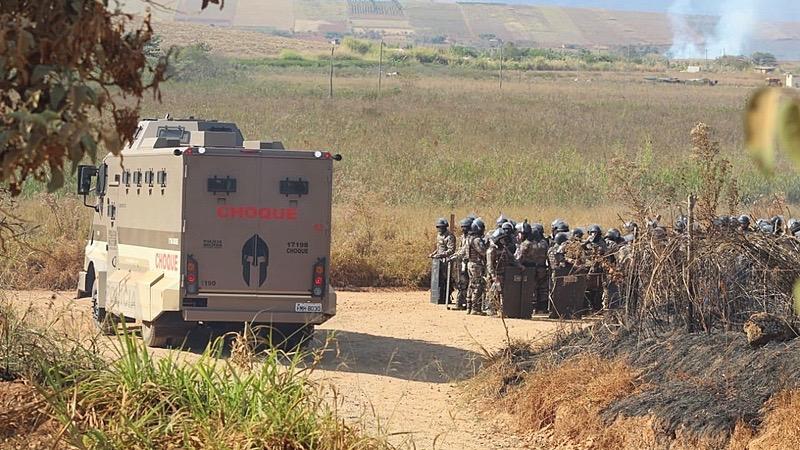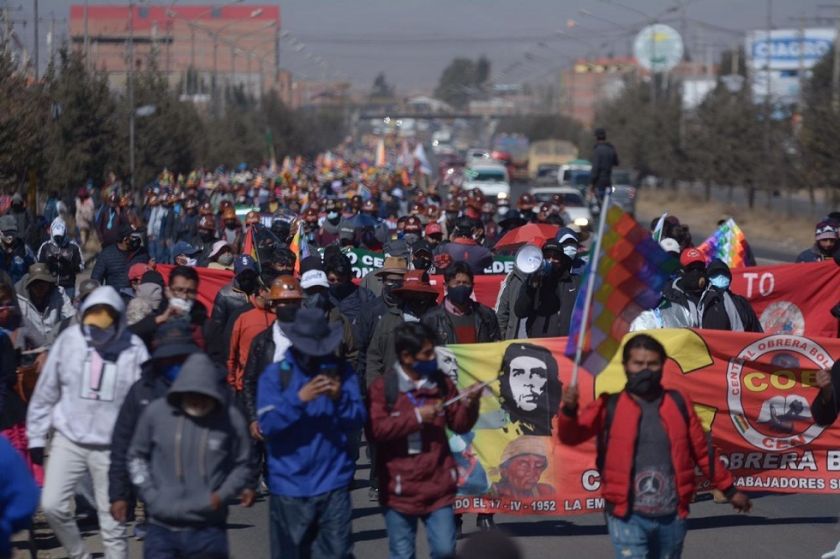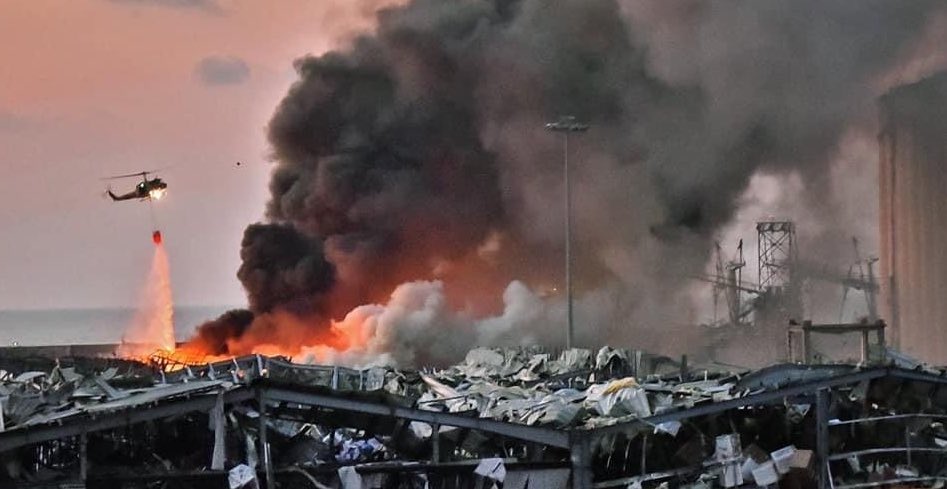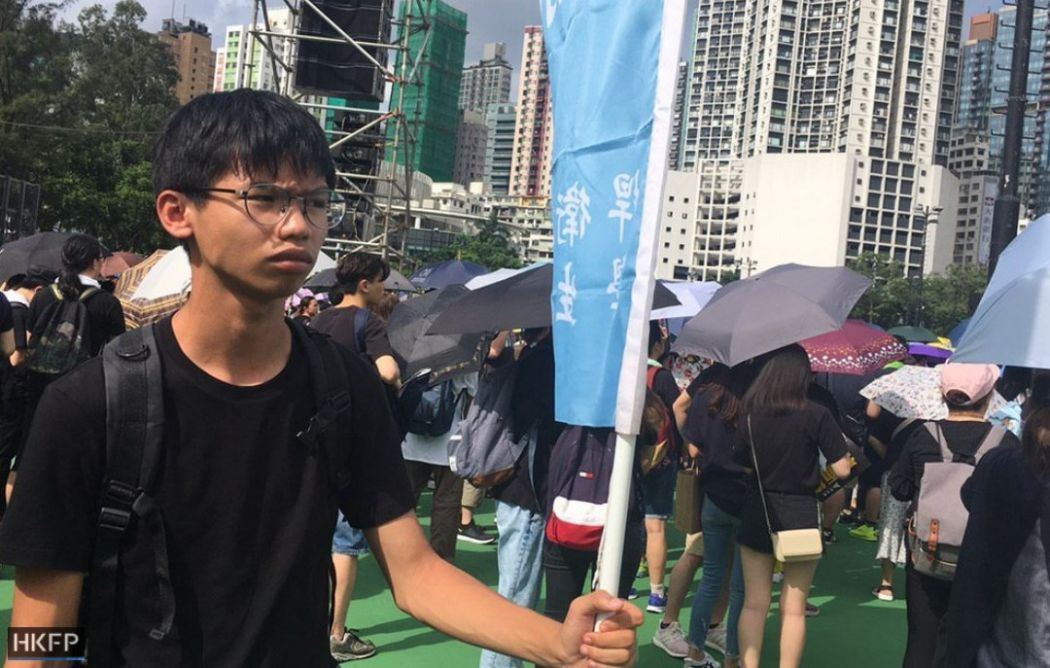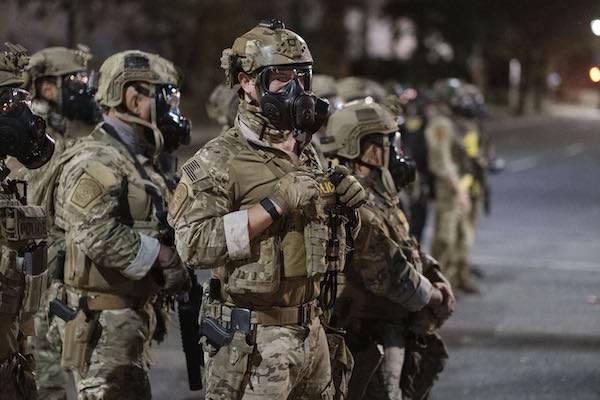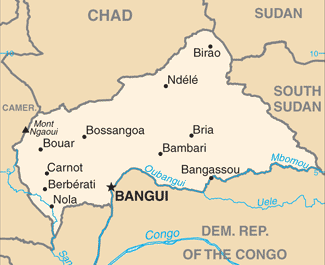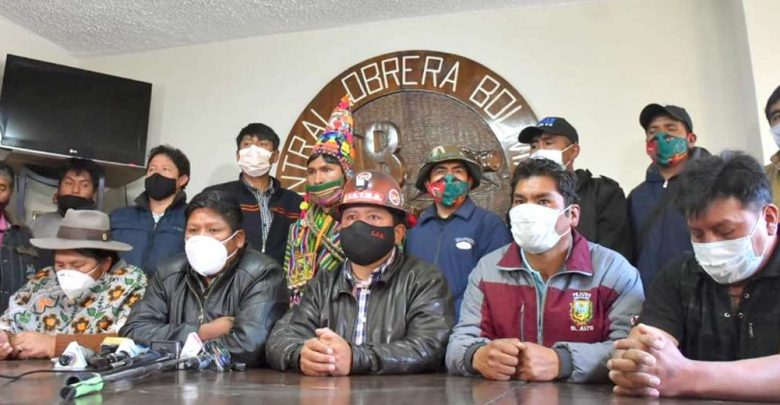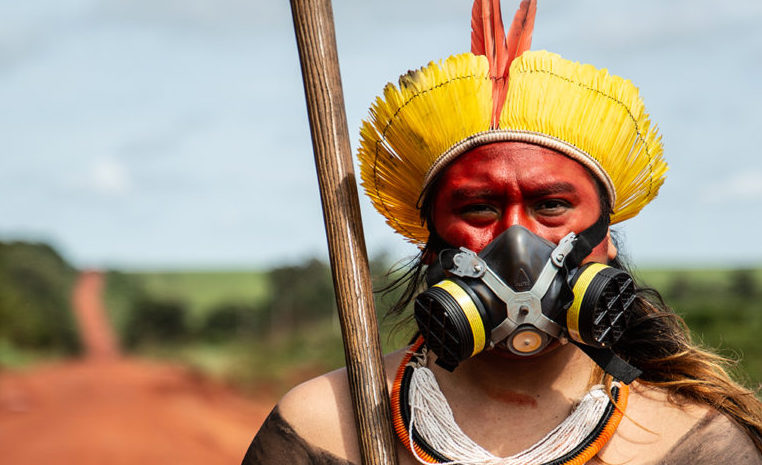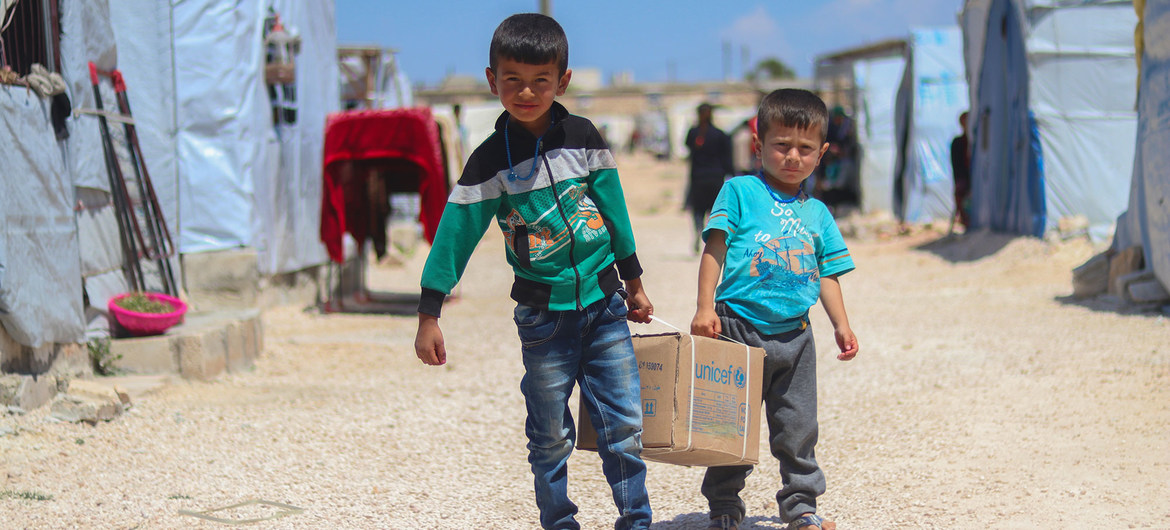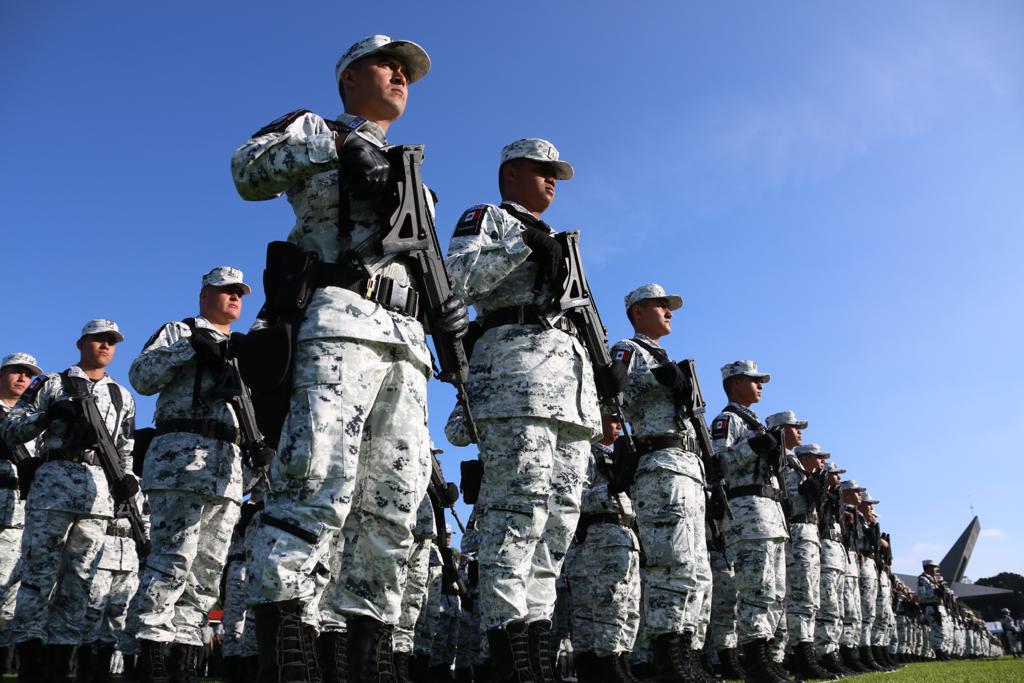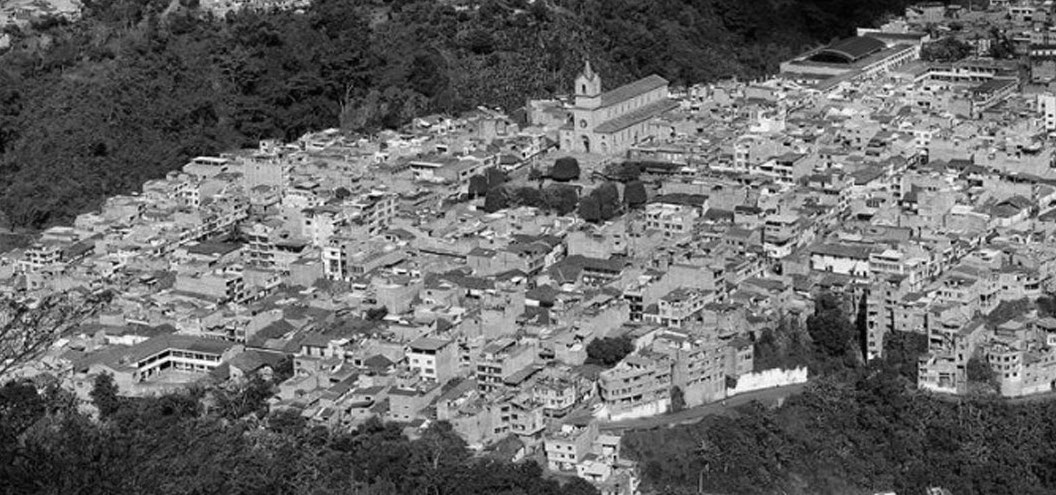
Students massacred in Colombian village
Eight young people at a social gathering were killed in Colombia’s southern Nariño department when unknown gunmen barged in and opened fire. The victims, between the ages of 17 and 25, were university students who had returned to the village of Samaniego due to the pandemic. They were enjoying a small party at a family farm on the edge of the village when the attack took place. One woman and one minor were among the dead. Nariño Gov. Jhon Rojas did not name any group as responsible for the attack, but noted presence in the area of ELN guerillas, “dissident” FARC factions that have remained in arms despite the peace accord, and right-wing paramilitaries. Rojas called on national authorities to “return tranquility to the region” by fulfilling terms of the 2016 peace accords, which President Ivan Duque has opposed. (Photo: Colombia Reports)



